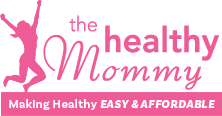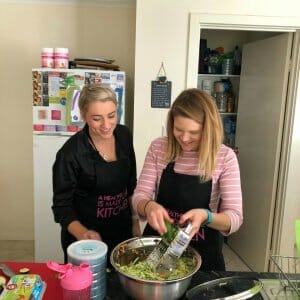“Relationship issues make me eat emotionally.” Why do you do it and tips to help you stop
From our infancy, relationships become linked with food and feeding. When we’re breastfeeding or feeding our babies, we form close bonds of attachments with them which lays the foundation for a secure relationship attachment between mom and child.
As we grow older still, social events revolve around food as we broaden our need for reassurance and comfort to a wider set of people.
It’s not uncommon for some people to eat emotionally when faced with a lack of a safe, nurturing relationship. There is a high correlation between eating disorders and relational trauma.
How many times do you find you turn to food during times or stress and anxiety? After arguing with your partner or children? If it sounds like this is something you do, here’s how you can stop.
Some tips to help prevent you from turning to food at times of relationship stress

Identify your triggers
Ask yourself outside of hunger, what were the last few times you felt the urge to eat? Write them down. Having those reasons in front of you may give you an insight you were not aware of before.
Understand the reason you eat during these triggers
Why is it you eat during these triggers? For example, when your partner and you argue about why as a family you both are unable to save, why do you feel like eating instead of planning out a household budget or looking at expenses you can cut out?
By facing up to the fact that you do engage in emotional eating you can look back at your past and ask yourself when you started this. Perhaps as a child your family didn’t have much money to spend eating out and when you did eat out, it was for a special occasion where everyone was happy and so now you eat to make you happy or feel better.
Whatever the connection, again write out the reasons why you choose to eat instead of act differently.
Communicate with your partner
If you find yourself turning to food instead of your partner, this may lead to more problems, not just with your health but also with your relationship.
It may be difficult for you to have those conversations about money, relationship issues or the kids, but you are in a partnership and you need to let your partner know you need them. If you find it hard to do this, seek professional counselling for support.
Don’t buy addictive foods

Foods with high fat, sugar and salt content are highly addictive. Foods with these qualities release the same neurotransmitters in our brains as heroin and ice, ensuring their addictive nature will make you continue your destructive cycle in emotional eating.
Don’t buy your usual snacks whether it’s potato chips, biscuits or chocolate. After all out of sight, out of mind. Instead, substitute your cravings with eating healthy snacks such as fruit or make Healthy Mummy snacks such as these Snickers Bars.
Conscious eating
When you do eat, make sure you do it mindfully. Really pay attention to what you’re eating and how it tastes. Take note of the texture and the sound it makes as you chew. Research shows this type of eating allows us to connect with our food which makes sure we’re full quicker and for longer.
If you find you can’t break the connection between emotional eating and food, seek professional help from a trained counsellor. Your doctor is a great place to begin the conversation.
The Healthy Mommy community is also a supportive group of moms, many who can relate with what you’re experiencing.
Join our community of supportive moms!
If you are wanting to get that bit of extra support in your journey to better health come and join our community of moms.
Are you ready to become a Healthy Mommy?

Our Challenge is designed by moms FOR MOMS – to help them reach their goal weight and tackle their health and fitness.
The Challenge is home to customizable meal plans, 24/7 social support and realistic exercises moms can do AT HOME.
To find out more on the 28 Day Weight Loss Challenge click here.




